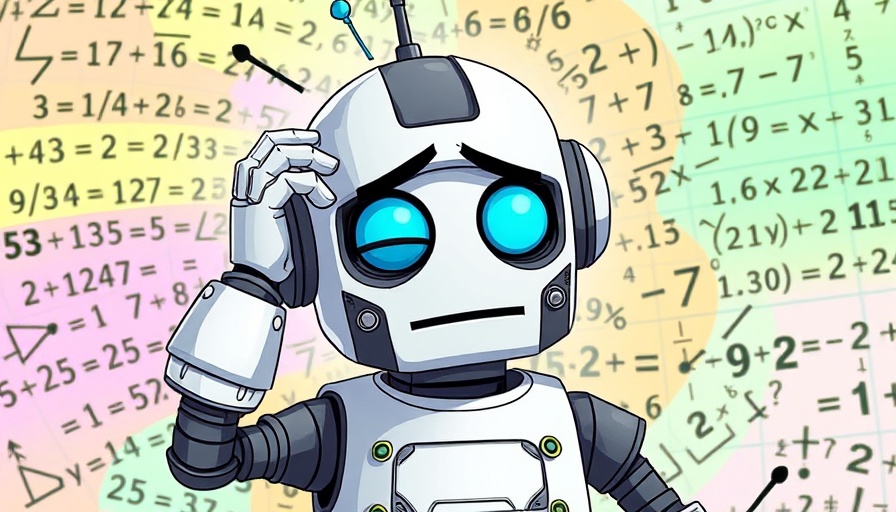
Can AI Truly Replace Human Coders?
The ongoing development of artificial intelligence has led to significant advances in various fields, yet recent findings from OpenAI researchers reveal that even the largest language models (LLMs) struggle to handle complex coding tasks. In a paper utilizing a benchmark called SWE-Lancer, they found that top AI models, including GPT-4o and Anthropic's Claude 3.5 Sonnet, were "unable to solve the majority" of coding problems tested, highlighting the limitations of AI in the realm of software engineering.
The Limitations of AI in Coding
The study analyzed over 1,400 software engineering tasks from the freelancing platform Upwork. The tasks categorized into “individual” and “management” types revealed that although AI models could quickly address minor issues, they failed to handle more extensive, multifaceted problems requiring logical reasoning and a comprehensive understanding of context. Notably, all three models were often unable to identify the root causes of bugs effectively or provide comprehensive fixes.
The researchers noted that although the AI performed tasks at high speed, it often led to erroneous or superficial results, which is crucially problematic when handling substantial coding projects. The findings resonate with ongoing discussions regarding the necessity of human coders and the irreplaceable nature of their expertise, especially for complex issues that necessitate a nuanced understanding.
Understanding the Implications for Developers
This research challenges the assumption that AI will soon fully replace human developers. Companies are currently leveraging AI for coding assistance, but over-reliance on these technologies may lead to a misunderstanding of software processes, further complicating development projects. Discussions within the OpenAI Developer Community have emphasized that while AI-generated code may provide solutions, it cannot replace the depth of knowledge and understanding that skilled developers possess.
Many fear that the ease with which applications can now be created with AI tools might lead to a dilution of coding skills among novice programmers. A successful future in software engineering likely requires collaboration between AI and human developers rather than full reliance on automated systems.
What Lies Ahead for AI Coding Tools
As we look ahead, it’s essential to recognize that AI advancements will improve, yet the complete substitution of human coders appears unlikely in the near future. OpenAI’s models will likely evolve, leading to improvements in AI coding abilities, but for now, they serve better as tools to augment human skill rather than a replacement.
The implications of this study extend beyond just coding; organizations must be careful in how they incorporate AI into their workflow. By fostering an environment where human insight can lead AI capabilities, businesses can truly reap the rewards of innovation.
Making Informed Decisions About AI in Development
Understanding the gaps within AI capabilities is critical for developers and decision-makers. OpenAI's findings underscore the importance of maintaining a balance between leveraging automation and appreciating the complexities of real-world problem-solving that require the human touch. Developers should remain engaged and educated about the limitations of AI to craft robust solutions that incorporate the strengths of both AI and human ingenuity.
 Add Row
Add Row  Add
Add 
 Add Element
Add Element 

Write A Comment